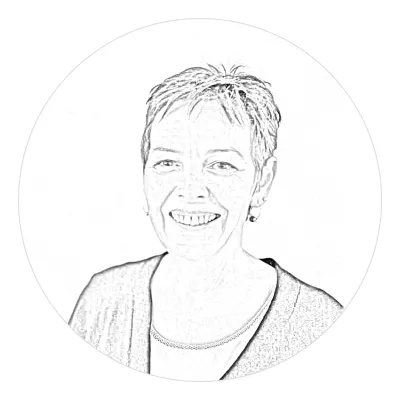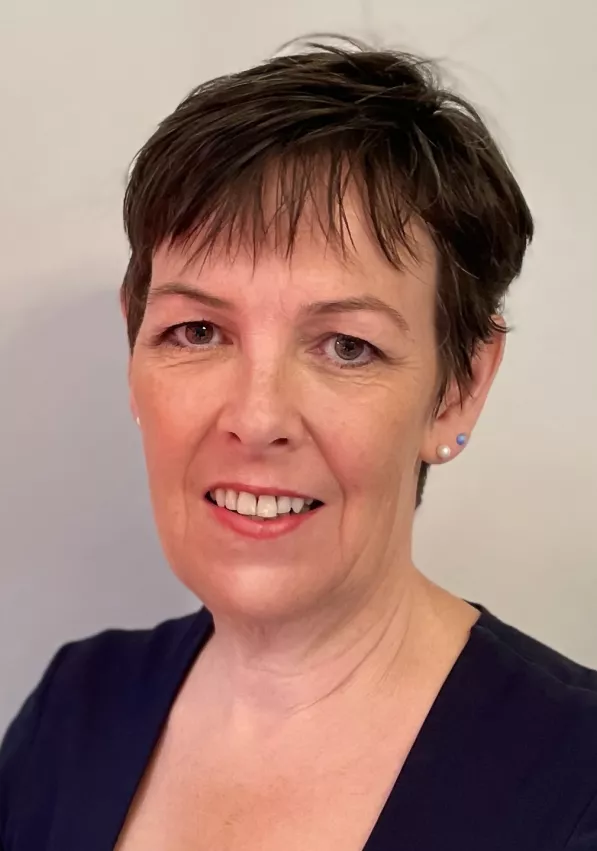
I was partly drawn into paediatrics by an interest in neonatology. I initially trained as a GP, but during a district general hospital (DGH) paediatric placement I found a natural home. I enjoyed the full range of paediatrics but it was the environment of the neonatal unit which I found most thrilling. Having had little exposure as a medical student, the opportunity to develop practical and team working skills to help babies at the very start of their life was such a privilege. My supervising consultant and registrar gave freely of their time, patience, and encouragement to teach this supposed GP trainee how to become a budding neonatologist and it was their mentorship that helped to seal the deal. Much as I valued my diverse training and time in primary care, I was going to be a paediatrician.
So, my career took one of its many swerves along its wiggly path, next step a tertiary neonatal SHO job. As we did in those days, I started on a weekend as the only SHO. The very first patient was a baby1 born at only 23 weeks gestation, transferred in from their local DGH. Even today this is the very margin of viability, but even more so at that time. That first day on the job, I was daunted by the sheer responsibility of looking after such a tiny and apparently fragile baby. I spent most of it in a state of trepidation, and massively grateful to the experienced neonatal nurses around me.
The baby was named after a sporting heroine, and as time passed, she lived up to the strength and determination that went with the name. She experienced the roller coaster course of any baby born so early; she taught us about the medical and procedural management of preterm babies. Supporting her family also taught us about the stresses of having a baby born so early and being cared for far away from home and local networks.
I am very fortunate to have a job that allows a wider perspective and which I regard as the best of all worlds.
Despite the ups and downs, she made steady progress and I clearly remember the excitement of staff and family when she was well enough to return to her local unit.
Over a decade later, I had had my own children and moved regions to continue my registrar training. I was in outpatients, and the next name on the list looked familiar. I called her in, and it was our little 23-week baby now all grown up to be an 11-year-old young lady. The delight of seeing her and her family, hearing how well she had done, with minimal residual effects from her prematurity, and talking to her about her life and her interests was profound; it was a short encounter, but it stays with me and makes me smile to remember.
I have patients approaching adulthood, who I have known since the minute they were born.
It is easy in neonatology to focus on the technical and medical aspects, to build human relationships with the family but to overlook the personality and humanity in the tiny baby in our care. I am very fortunate to have a job that allows a wider perspective and which I regard as the best of all worlds. I am a general DGH paediatrician with an interest in neonatology. I still get the same satisfaction from delivering life saving care and support to newborn babies, from maintaining and developing my practical skills and from teaching my junior colleagues in the same way that I was taught and enthused, but I also get to look after my small patients as they grow up and to get to know the personalities which we can see beginning to emerge on the neonatal unit. I have patients approaching adulthood, who I have known since the minute they were born.
My patients may be under the care of different tertiary specialists, but without the local general paediatrician who has known the family forever and understands the context and the big picture, that care is incomplete.
It is one of the joys and privileges of our profession, that we never stop learning, that our patients and their families teach us so many long lasting lessons
When I contemplated writing a piece on ‘a patient who stayed with me’ many patients came to mind, a mix of funny and sad events, some terrible events from which I have learnt profound lessons and which a colleague refers to as ‘cortical scars’. For many of these patients and events, I can remember the exact bed space, the pictures etched into my brain. Importantly, I can remember the colleagues I have shared the experiences with and who may share memories with a smile or a tear as they read this.
It is one of the joys and privileges of our profession, that we never stop learning, that our patients and their families teach us so many long lasting lessons and that we work in teams that can share the learning and support each other when those lessons are by turn painful and joyous.
Cathryn Chadwick is the RCPCH Vice President for Training and Assessment. She is a General Paediatric Consultant at Northampton General Hospital where she has a neonatal interest.
- 1Names and other information that could identify someone have been changed.











